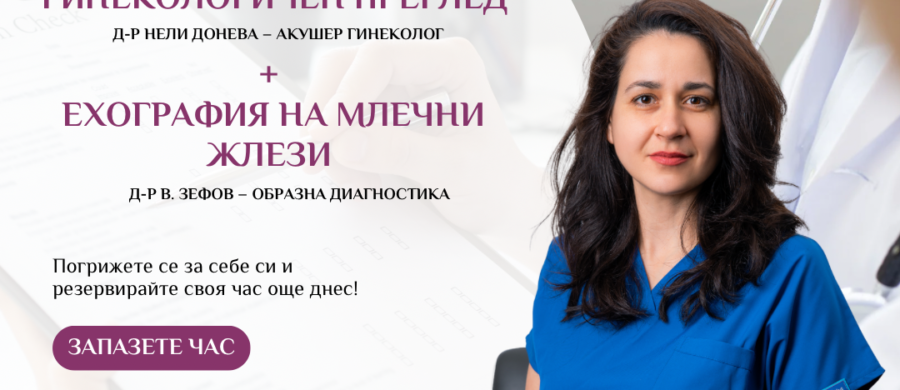Babinden, celebrated every year on January 21st, is one of the most cherished folk holidays in Bulgaria, rooted in ancient traditions, care for women, and respect for medicine. While the holiday has evolved over time, it remains a symbol of affection, recognition, and gratitude toward the women who assist future mothers during the most important moment of their lives—the birth of a child.
HISTORY OF THE HOLIDAY
The origins of Babin Den trace back to ancient times when Bulgarians believed there were special women, called “babi“ (grandmas in English) responsible for childbirth. These women, usually older and experienced, were thought to possess unique knowledge on how to help women during labor. They not only provided physical assistance but also performed rituals and magic to ensure the safety of both the mother and the child. Over time, the holiday began to be associated with medicine, as a way of honoring the professionals working in this field.
THE ESSENCE OF THE HOLIDAY
The main idea behind Babinden is to honor the women who are in any way connected to childbirth—grandmothers, midwives, gynaecologists,and everyone who assists mothers and newborns. On this day, various customs and rituals take place, including expressions of thanks and gifts. Traditionally, a group of women would gather to perform a ritual of “bathing the grandma” or the midwife. She would be poured over with water or a special ceremonial act would take place to show respect for her hard work and efforts. Additionally , small gifts would be given to her – shirts, socks, etc. The grandmother-midwife would also gift similar presents to the children she delivered and tie red and white strings with a silver coin on their wrists. There are many other popular traditions and rituals, however, the most important part is that on this day everyone has lots of fun.
THE ROLE OF THE GRANDMOTHERS
Grandmothers and midwives are central figures of the holiday. They are symbols of female strength, knowledge, and experience that are passed down to younger generations. In the past, these women not only helped birthing mothers but also played a crucial role in the social structure of the community. Often in rural villages, the grandmothers were the only ones who could assist during childbirth, as doctors and hospitals were scarce in remote areas.
THE HOLIDAY IN PRESENT DAY
Today, Babinden is more of a celebration for midwives and doctors rather than the grandmothers in the traditional sense. With the advancement of medicine and healthcare, the role of grandmothers in childbirth has diminished, but the holiday continues to be observed with respect toward healthcare professionals. Although customs and rituals have changed, the essence of the holiday remains the same—to honor the women and medical specialists who help bring new life into the world.
Babin Den is a holiday that not only combines traditions and customs but also highlights the importance of women’s roles in society and healthcare. It is an occasion to express gratitude toward all those who, with care and attention, help new generations enter this world, while simultaneously showing respect for the ancient knowledge and practices that have contributed to the development of modern medicine.





















